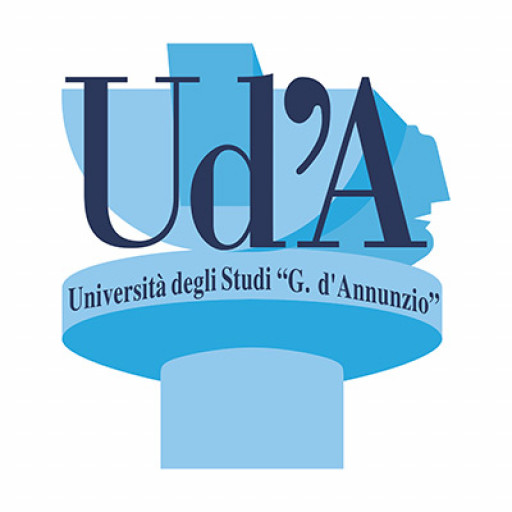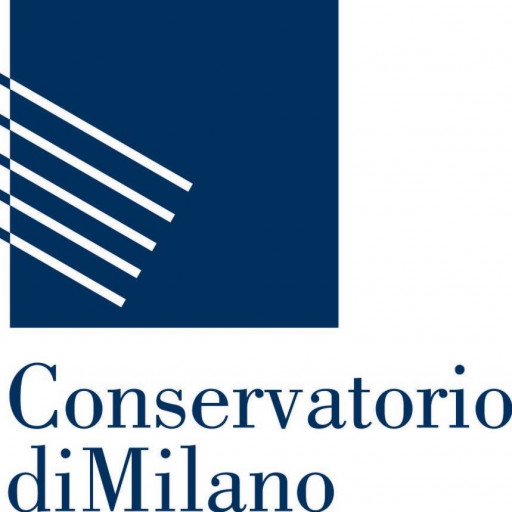Photos of university / #ucl
Program Code: 4336
Degree Title: BA Ancient Languages with Year Abroad
Duration: 4 years
UCAS Code: QR41
The BA Ancient Languages with Year Abroad at University College London offers students a comprehensive and immersive study of ancient languages, including Latin, Ancient Greek, and potentially other classical languages, combined with a study abroad component. This programme is designed for students who have a passion for classical civilizations, linguistic structure, and historical literature, and who wish to develop both their language skills and their understanding of ancient cultures through direct engagement with their modern-day counterparts in a foreign country.
Throughout the first three years, students will acquire in-depth knowledge of the grammar, vocabulary, and literature of their chosen ancient languages. They will explore classical texts, learn historical contexts, and develop analytical skills necessary for translating and interpreting ancient materials. The programme emphasizes both linguistic proficiency and historical knowledge, providing a solid foundation in classical studies, archaeology, and related disciplines.
The Year Abroad, usually undertaken in the third year of study, is a distinctive feature of the programme. Students travel to a partner university in a country where their chosen language is spoken, such as Greece or Italy, and immerse themselves in the local language and culture. This experience enhances language fluency, intercultural competence, and independence. It also offers opportunities for research, internships, or collaborative projects with local institutions, enriching the academic journey and preparing students for careers in academia, publishing, cultural heritage, or international organizations.
In the final year, students focus on advanced topics, including historiography, translations, and specialized studies in classical literature and philosophy. The programme prepares students for further academic study or professional careers by fostering critical thinking, research skills, and cultural awareness.
UCL’s academic staff are experts in their fields, offering mentorship and guidance throughout the programme. The university’s extensive resources, including libraries, archaeological collections, and research centers, support students’ learning and research activities.
Graduates of the BA Ancient Languages with Year Abroad will possess a rare combination of linguistic mastery, cultural understanding, and international experience, making them highly competitive in various fields such as education, archaeology, museum work, translation, and cultural policy.
This programme embodies UCL’s commitment to fostering global perspectives, critical inquiry, and a deep appreciation of ancient civilizations and their legacy, equipping students with skills that are valuable across many sectors in a rapidly globalizing world.
In each year of your degree you will take a number of individual modules, normally valued at 0.5 or 1.0 credits, adding up to a total of 4.0 credits for the year. Modules are assessed in the academic year in which they are taken. The balance of compulsory and optional modules varies from programme to programme and year to year. A 1.0 credit is considered equivalent to 15 credits in the European Credit Transfer System (ECTS).
In year one you will take courses in Biblical Hebrew, either Latin or Greek, and introductory historical linguistics. You will additionally be able to start studying a third and, if desired, fourth ancient language, drawn from an extensive selection (see the list given in the Degree Structure table). Ancient language courses include intensive study of texts spanning diverse literary genres including historical narrative, prose fiction, poetry, mythology, and religion. Alternatively, you can choose up to 1.5 credits from a wide range of disciplines including archaeology, history and linguistics.
In year two you will continue your study of Biblical Hebrew and Greek or Latin. You will also begin or continue study of a third (and possibly fourth or fifth) ancient language. Again, you have the opportunity to choose a course from another discipline.
You will spend the third year studying ancient languages abroad. You can choose to spend half the year at the Hebrew University of Jerusalem and the other half at a European or North American university chosen from a selection of institutions available to UCL students; alternatively, you can choose to spend the entire year at one institution.
In year four you will take advanced courses in Biblical Hebrew and Greek or Latin. You may also continue study of a third (and possibly fourth or fifth) ancient language, an option from another discipline, or a dissertation.
A levels
Grades
AAB
Subjects
An ancient or modern language at grade A, unless an ancient and a modern language are offered at GCSE at grade C or above.
GCSEs
English Language at grade B, plus Mathematics at grade C. For UK-based students, a grade C or equivalent in a foreign language (other than Ancient Greek, Biblical Hebrew or Latin) is required. UCL provides opportunities to meet the foreign language requirement following enrolment, further details at: www.ucl.ac.uk/ug-reqs
IB Diploma
Points
36
Subjects
A total of 17 points in three higher level subjects, with no score below 5, to include an ancient or modern language at grade 6 unless an ancient and a modern language are offered at GCSE at grade C or above.
Accepted equivalent qualification(s) for Russia
Successful completion of one year of a Bachelor Degree or Specialist Diploma at a Russian university recognised by UCL, with an average of 4.5/5.
Study must contain subjects relevant to the programme of study at UCL.
The University College London (UCL) offers a comprehensive financing package for students enrolled in the Ancient Languages with Year Abroad programme. Tuition fees vary depending on the student's domicile status. For UK students, the annual tuition fee is approximately £9,250. International students typically pay higher fees, which are around £20,000 per annum. These figures are indicative and subject to annual updates, so prospective students should consult the official UCL website for the most current information.
Funding options are available to support students financially throughout their studies. UCL provides a range of scholarships and bursaries, some of which are specifically aimed at students pursuing language-based programmes. For example, the UCL Classics and Ancient History Scholarship offers a cash award to eligible students demonstrating academic excellence and financial need. Additionally, the university participates in government-funded schemes such as student loans, including the UK Student Finance system, which provides repayment-based support after graduation. International students may seek funding through external organizations, such as governmental scholarship programs or international foundations supporting academic study abroad.
Students are also encouraged to explore external funding opportunities, including charitable trusts and private foundations that support language studies or classical education. Work placements or part-time employment options are available in some cases, facilitating students to earn supplementary income during their studies, although participation must not interfere with academic commitments.
Living costs are an important consideration. London is one of the most expensive cities in the world, and students should budget accordingly. Estimated living expenses, including accommodation, food, transport, and other personal costs, amount to approximately £12,000 - £15,000 per year. Accommodation costs vary widely based on location and type, with university halls providing options from about £150 to £250 per week. Many students choose to live in shared housing or student accommodations to reduce expenses.
Financial planning should also include purchasing learning materials, travel costs, and health insurance. UCL offers health services through its student health program, which may be covered by the UK's National Health Service (NHS) for domestic students, whereas international students may need to arrange private health insurance.
In conclusion, students pursuing Ancient Languages with Year Abroad at UCL should prepare a detailed financial plan considering tuition fees, living expenses, and potential funding sources. The university's financial aid services can assist students in identifying suitable scholarships and guidance on loans or external funding opportunities. Proper financial planning ensures that students can focus on their academic and cultural experiences during their studies at UCL without undue financial stress.
The BA Ancient Languages with Year Abroad at University College London is an undergraduate program designed to immerse students in the study of ancient languages, including Latin and Greek, alongside the cultural and historical contexts of the ancient world. This program emphasizes language proficiency, historical understanding, and literary analysis, providing a comprehensive education in the classical civilizations. Students enrolled in this degree engage in intensive language courses, advanced readings, and critical discussions, developing strong analytical and interpretative skills. A distinctive feature of the program is the Year Abroad, which offers students the opportunity to spend an academic year studying in a partner institution in a country where the target language is spoken or in a location rich in historical sites relevant to their studies. This year abroad enhances linguistic skills, cultural awareness, and provides firsthand experience of the living traditions related to ancient civilizations.
The curriculum combines core modules in Latin and Greek language acquisition with optional modules covering topics such as classical literature, philosophy, history, and archaeology. The program aims to foster a deep appreciation of ancient cultures, their languages, and their influence on modern society. Besides language mastery, students develop skills in textual analysis, research, and academic writing, preparing them for careers in academia, publishing, education, archaeology, or related fields. Classes are typically small, encouraging interactive learning and personalized feedback from expert staff. The program may also include opportunities for practical work, visitations to museums, and participation in archaeological digs, enriching the learning experience.
Throughout the degree, students are encouraged to develop research projects, participate in seminars, and attend lectures by visiting scholars. The Year Abroad is an integral part of this undergraduate journey, with supported arrangements for students to integrate into an academic community abroad. Many students pursue their year in countries such as Greece, Italy, or other European nations, where they can improve their language skills and gain cultural insights aligned with their academic interests. The program is suitable for students with a strong motivation to study ancient languages and civilizations, and who wish to acquire international experience as part of their university education. Upon graduation, students leave with a solid mastery of Latin and Greek, a nuanced understanding of ancient societies, and the intercultural competence gained from living abroad—skills highly valued in many career paths.





